The Winter Skin Care Routine Is What Your Skin Is Begging For!
You must be wondering how your winter skincare routine is any different than your normal skincare routine. Well is it a myth or cold weather does call for a special skincare routine? The answer is yes. Winter skincare is very different from your normal skincare and it is absolutely essential to preserve all year's skincare and prevent any weather-boosted problems.
During winters we cover up our entire body with thick clothing and warm shoes but the one thing we leave exposed is our face. It is crucial to give our facial skin some extra love and care during winter. This is because no matter how hard you try to cover yourself during the winters, your skin is somehow exposed to the harshness of the winter winds. And, this calls for special winter skincare. To come up with a special skin care routine, we must understand how and why winter affects our skin.
How Winter Affects Skin?
Your skin communicates with the world on a regular basis. This involves everyday weather, climate patterns, emissions, environmental pollutants, and even man-made environments such as air conditioning and central heating. So as the season’s transition from fall to winter, the skin notices the adverse effects of the season that makes it dull, pale and face other environmental aggressors.
So, what happens below the surface?
In the winter, the moisture barrier, also known as the Stratum Corneum of the epidermis, is highly weak and likely to be breached. This is due to the lack of humidity in the air. If moisture levels are poor, the skin is at risk of being dehydrated since there is no water available in the atmosphere for the skin to catch.
Dryness and dehydration are some of the main issues when it comes to winter skin, which makes sense as the skin loses its moisture during this drying season. Coupled with the cold temperatures, the winter skin becomes a concern.
Winter Skin Problems
Similar to how you can find your skin more oily in the summer, you can experience winter skin flare-ups that occur when the weather gets colder and drier. This isn't a coincidence.
Below are common conditions that occur from exposure to cold air:
Acne, Dryness, Dehydration, Cracking Inflammation, Itchiness, Redness, Sensitivity, Tightness, Windburn, Winter's itch, and many more. These are a variety of the foremost winter skin problems that arise when the season changes. While you'll experience a variety of those issues throughout the year, these issues are especially troubling during the cruel winter months.
When you’re outside in the tough winter conditions, your skin is exposed to chilling temperatures with virtually no moisture available to replenish the transdermal loss. To make matters worse, pollution is worse during winter because the colder air is denser & slower than the warmer air. This means it traps more pollutants, dirt, and impurities from the environment; and lingers in the air for a prolonged time. It, therefore, ends up increasing the likelihood of free radical damage on the exposed skin causing premature aging.
If all of this sounds too scary during your favorite season, don’t worry, an accurate winter skincare routine can address all of the winter skin problems you would like to avoid. It’s important to be aware of any changes in your skin condition as the seasons change so that you can take steps to address them.
Steps To Take Care Of Your Skin
The hydration and safety of the winter skincare routine can be implemented in just a few steps:

Swap the drying cleanser with the hydrating cleanser: Water-based cleansers are perfect for oily skin, but in winter, the skin needs all the moisture available because there is no moisture available in the air.
This is the perfect time to play with mild cleansers that help preserve the natural oils in the skin while cleansing the impurities.
If you have oily skin and you're concerned that this might be too much for you, try a gel cleanser that uses both water and oily ingredients to cleanse your skin without rinsing moisture. There are several different styles of cleansers, don't feel like you have to stick to your standard oil-free face wash.
Exfoliate With Face Scrubs, Brushes, And Exfoliators
Without daily exfoliation, your winter skincare routine will not be complete. As the skin starts experiencing harsh conditions, dead skin cells are more likely to build up. That's what gives your skin a dry, flaky look that's so common in the winter months.
An exfoliating brush or an exfoliating scrub is a perfect way to gently exfoliate on a regular basis to eliminate the accumulation of dead skin. For those who are particularly concerned about flaky skin, consider using a strong exfoliator once a week and a mild exfoliator on a regular basis.
Add An Extra Layer Of Hydration With A Serum
Applying a nourishing serum before sealing it with a moisturizer has become a winter skincare step that you just can't miss. Using serums before your cream will be perfect for extra moisture, and your skin will take the essential ingredients and become healthy inside out.
If you've got naturally dry skin or feel that you simply are on the verge of dehydrated skin, you'll be able to upgrade your daily moisturizers to hydrating and nutritional serum. They are typically rich in vitamins, antioxidants, botanicals, and other skin nourishing and moisturizing ingredients that will improve your winter skincare routine.
Give Your Eyes A Much-needed Eye Cream
As you probably know, the skin around your eyes is very thin. Thus, during the winter, this region of the face is particularly affected by the harsh winter conditions. If you don't usually have eye cream, it's time for winter to do so. Not only does the eye cream reduce dark circles and under-eye bags, but it also packs some anti-aging action. Look for eye creams with peptides, ceramides, and fruit oils such as Avocado Oil.
Seal In Moisture With A Regenerative Face Cream
Winter is the time when your skin requires a little more than anything else: hydration, moisturization, protection, and nutrition.
Overall, the skin needs to be regenerated and rejuvenated. Since winter is nipping on the surface, causing dead skin cells to build up, and causing irritation from dryness to redness, the skin requires some relief.
That's where a good moisturizer comes in. You've already heard the winter is looking for extra cream. which will be true of some people but pay more attention to ingredients than heaviness. Hunt for face creams with natural origin ingredients, free of chemicals and other toxic matters to help you keep the skin healthy during the winter months.
Protect From Hidden Sun Damage With SPF
Even if the sun isn't fully formed, a secure sunscreen may be a sure-fire thanks to protection against radiation and radical harm. This one step goes an extended thanks to avoiding premature aging. You might think that you do not have to cover your skin with SPF every single day during winter, as the sun is hidden behind the clouds. But you are wrong even when the Sun or the Sun Rays are not visible to your eyes, the UV rays are still entering the earth, in fact, even more sharply and easily. Thus, this makes the use of Sunscreen daily- the most important part of your skincare routine.

Choose the broad-spectrum sunscreen that has natural SPF ingredients and protects not only from the harmful sun rays like UVA and UVB but also from everywhere scattered and invisible blue light rays. It is important to take care of your skin entirely by protecting it from blue light rays as they enter into the skin cells deeper than other rays.
The Final Thoughts:
Winter is almost everyone's favorite season, and it's certainly your favorite skin season either. Maybe it is not your favorite season. But, that doesn't mean, the winter has to wreak havoc on you or your skin. Make the best of the cold weather with a moisturizing and safe winter skincare routine.
Winter skin problems that happen as temperatures get colder are the ways your skin tells you something is wrong. Try to treat those symptoms with an intensive winter skincare regimen or stop those problems with a winter skincare action plan.



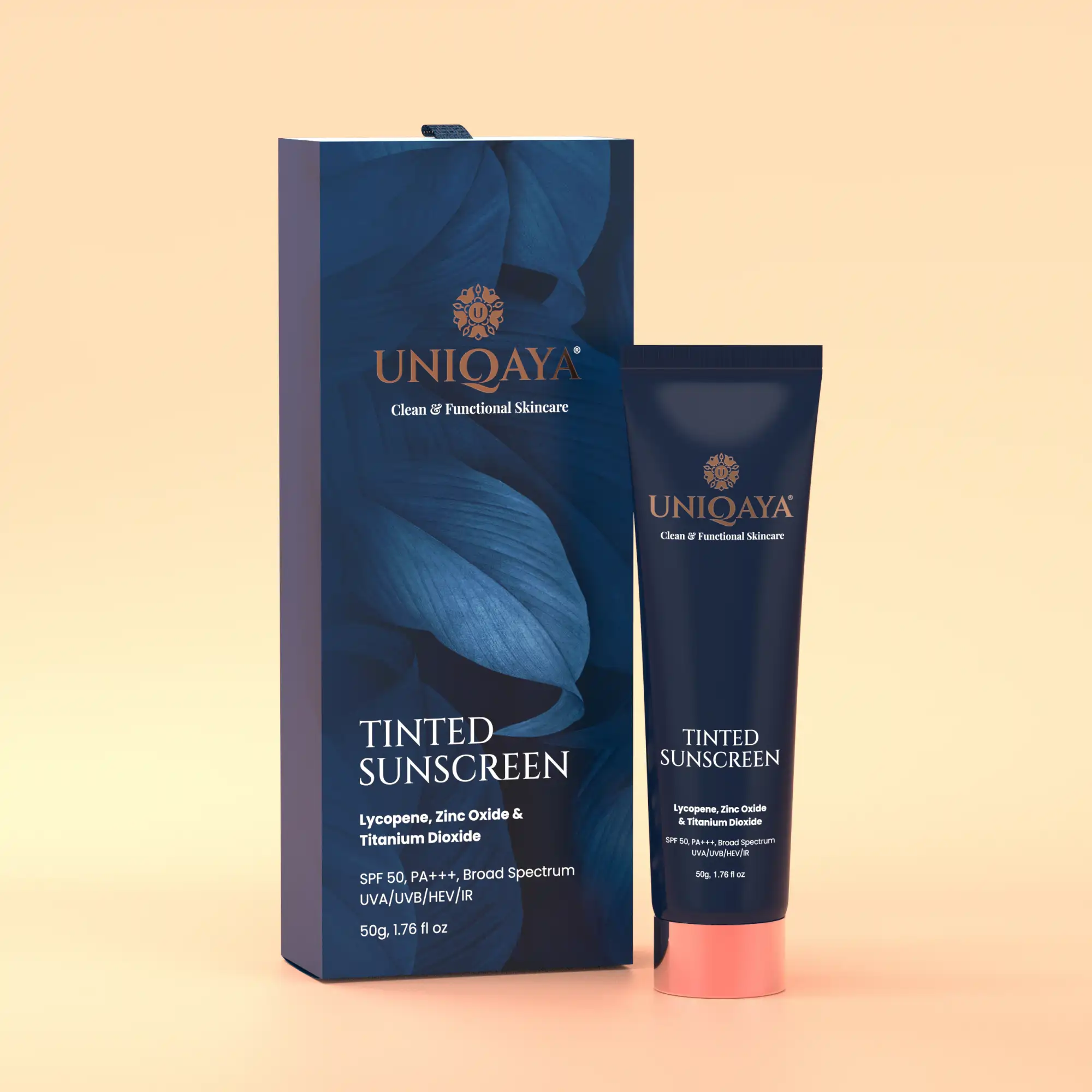

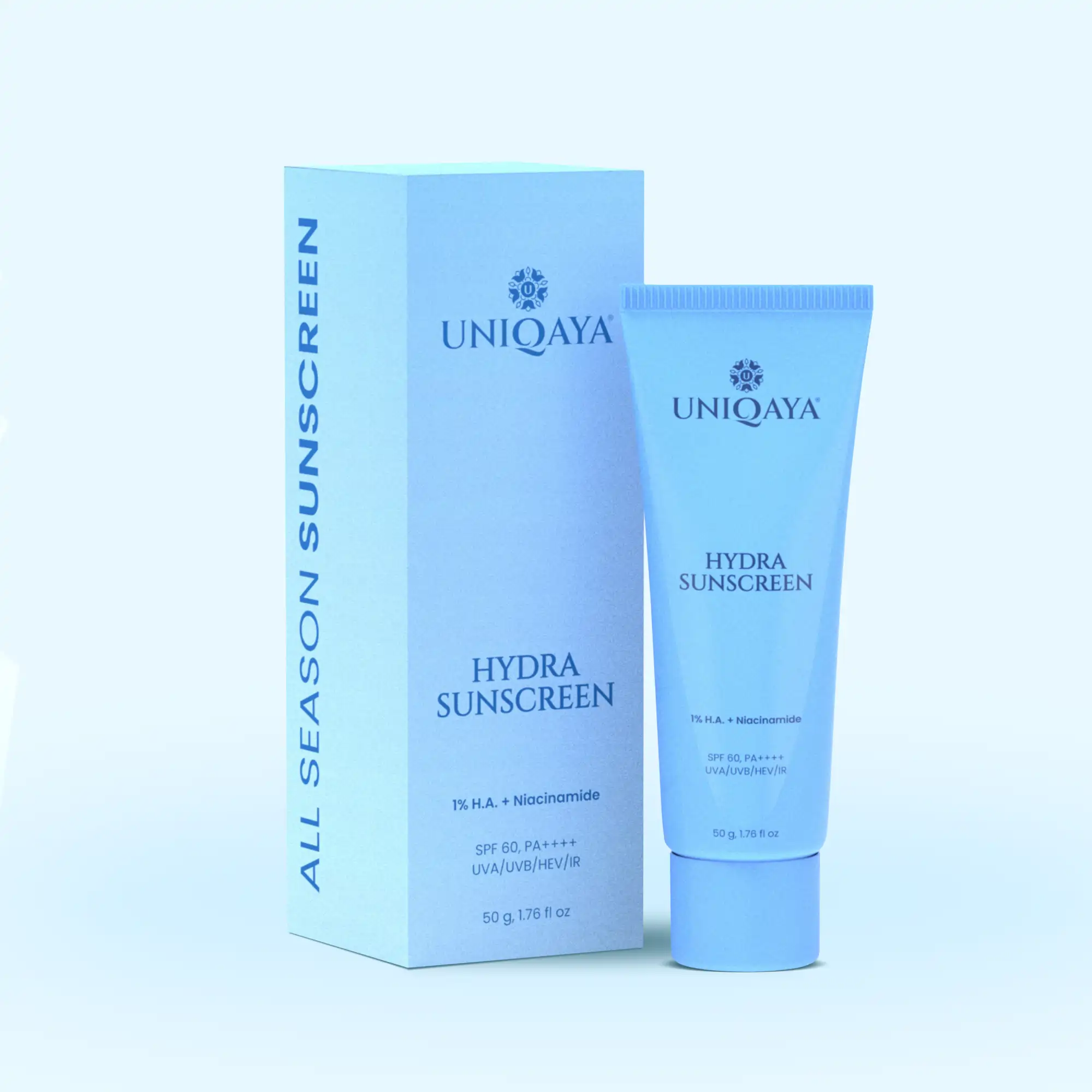

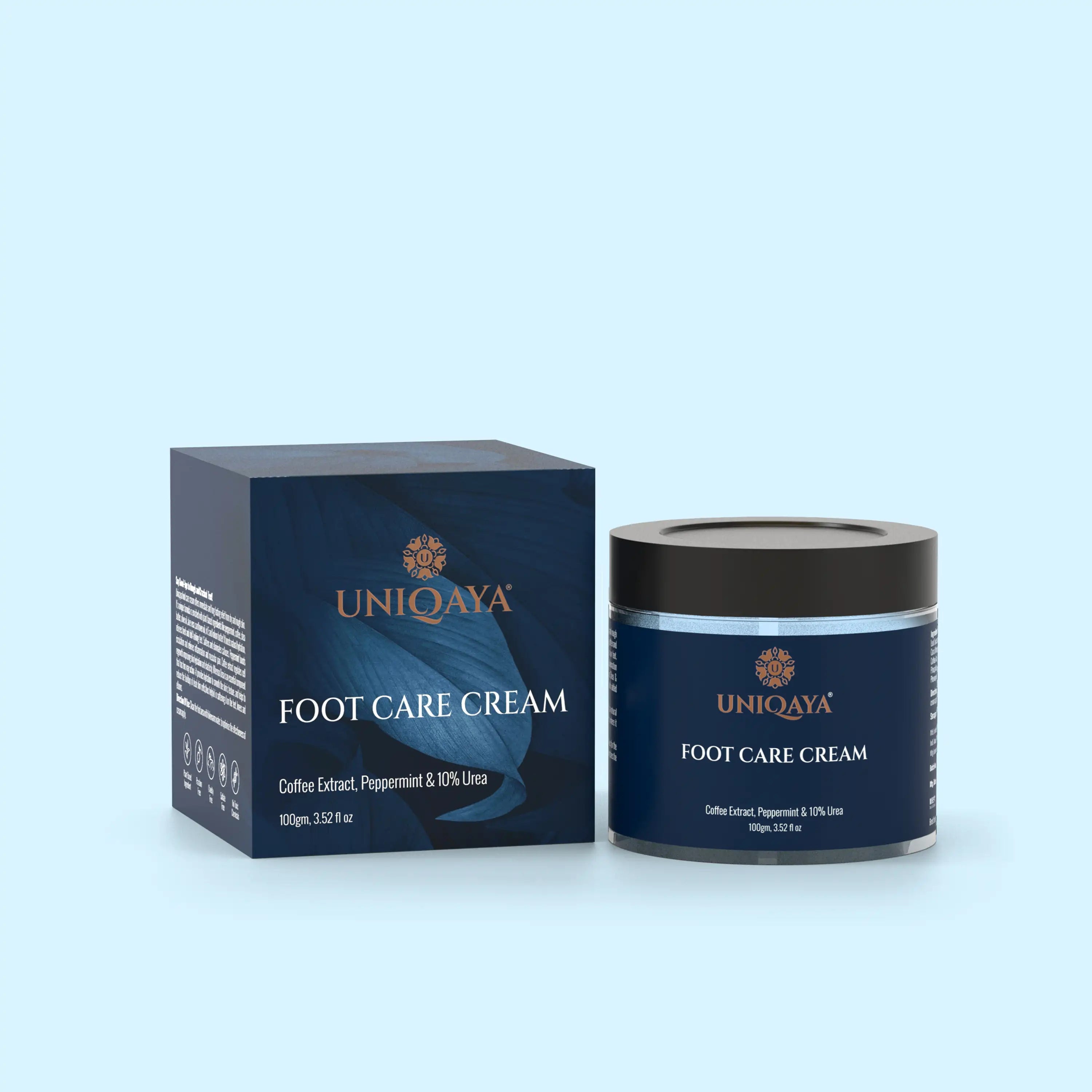

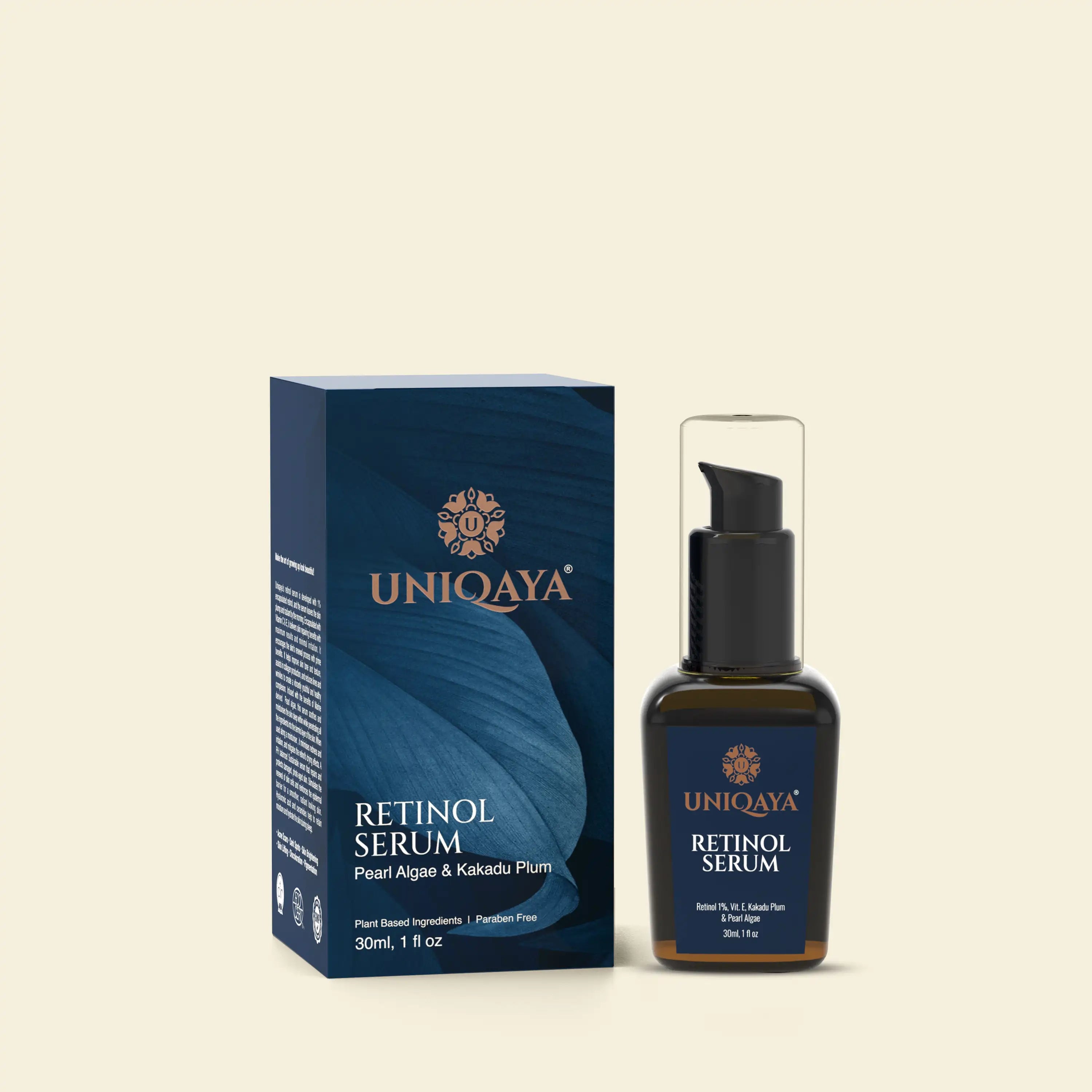

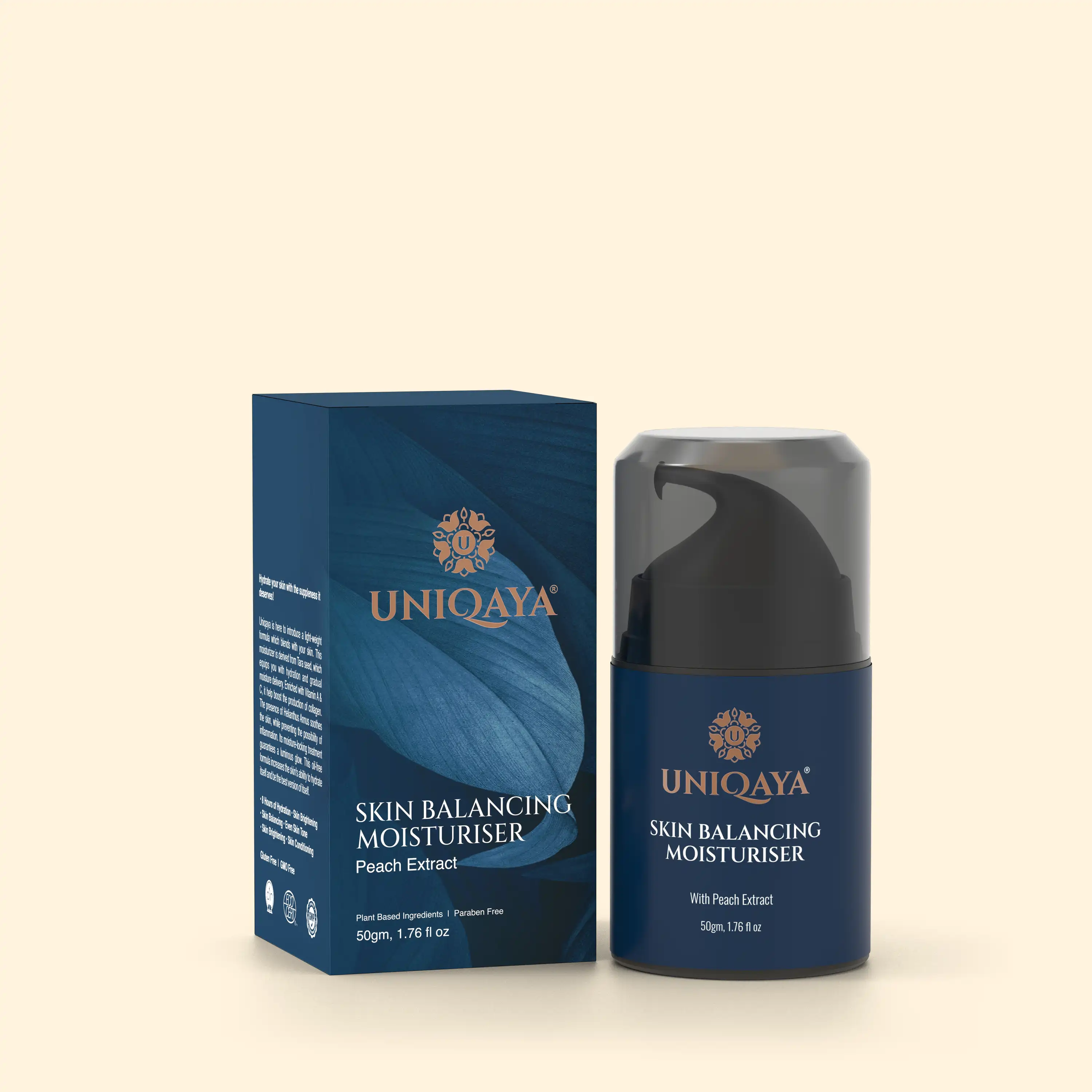
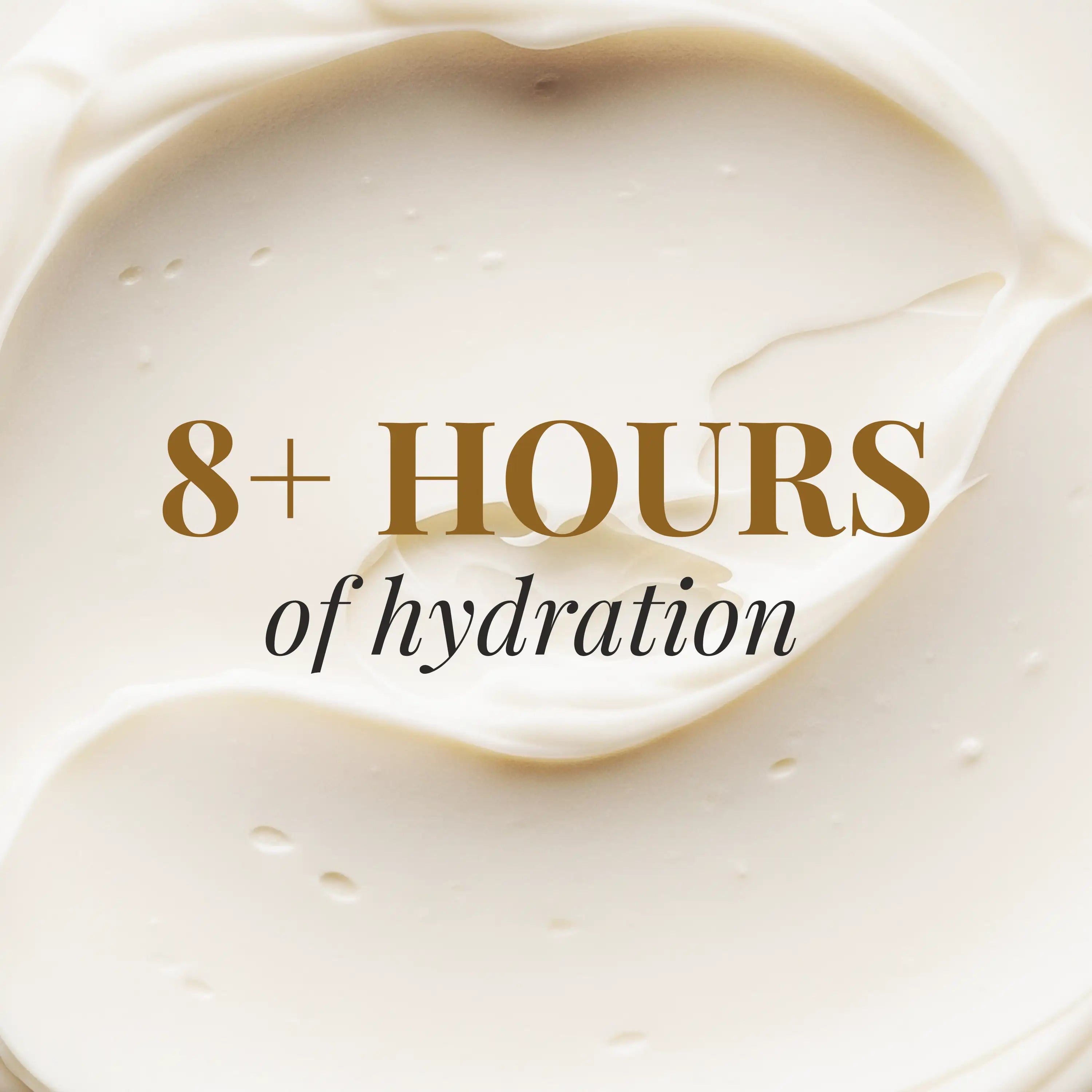
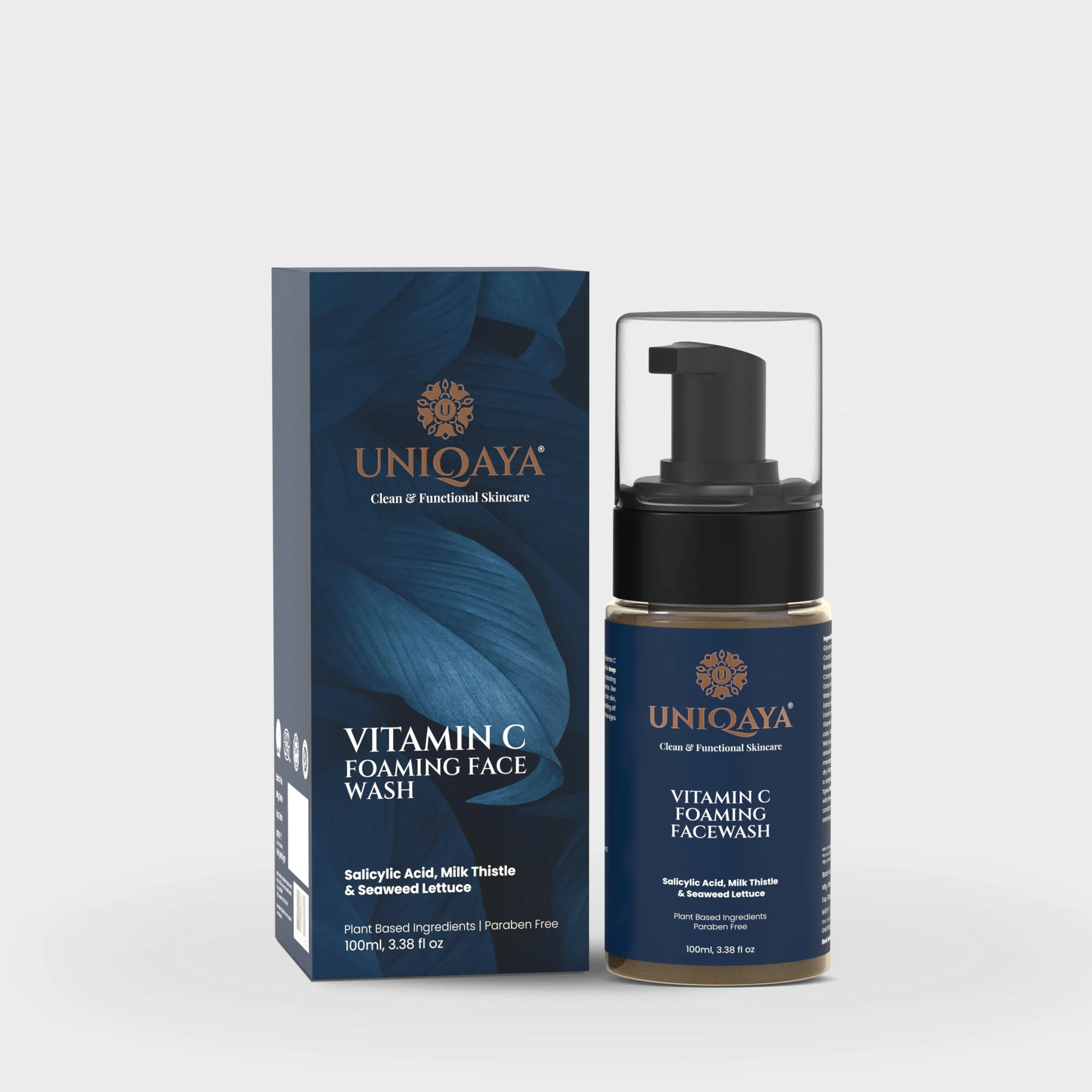

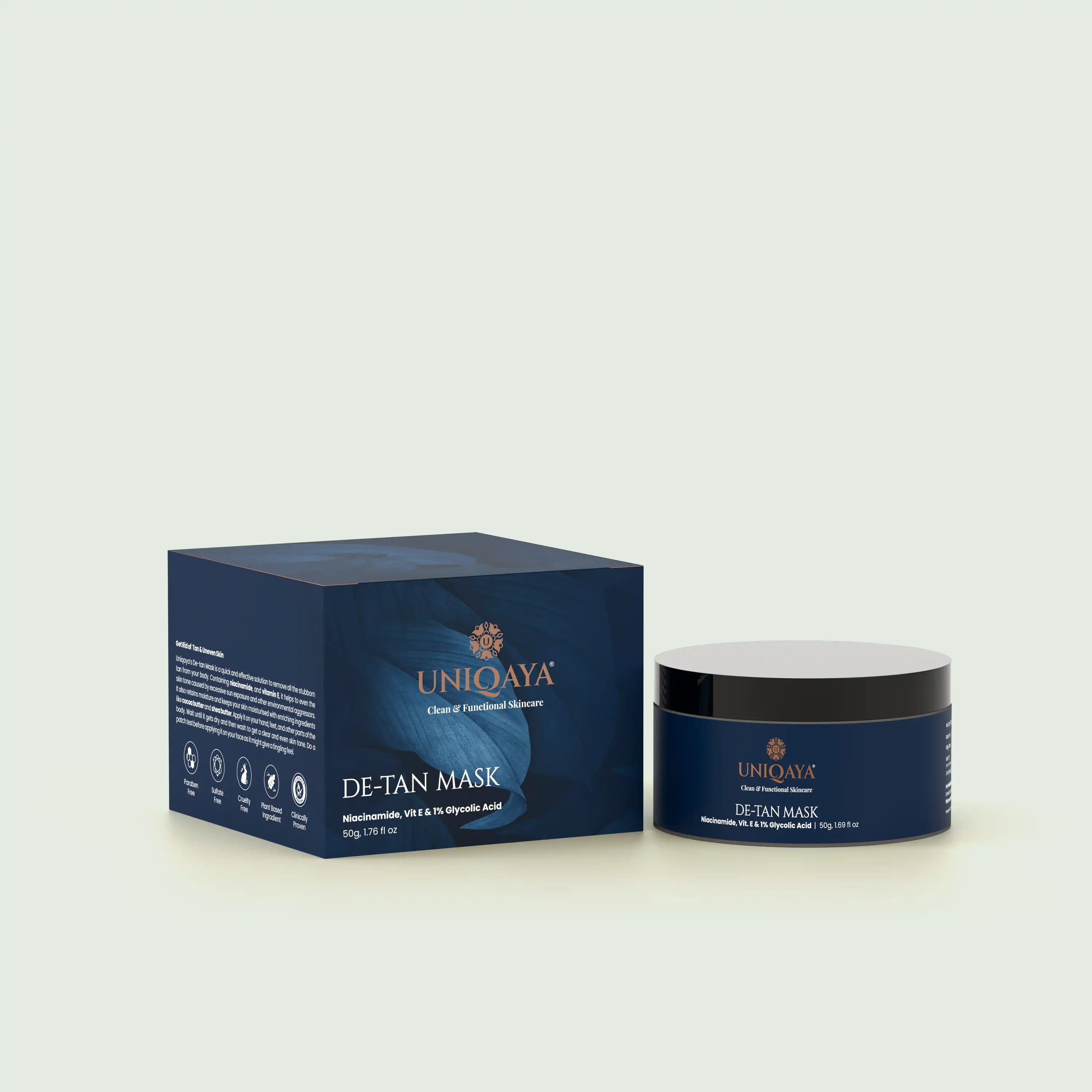
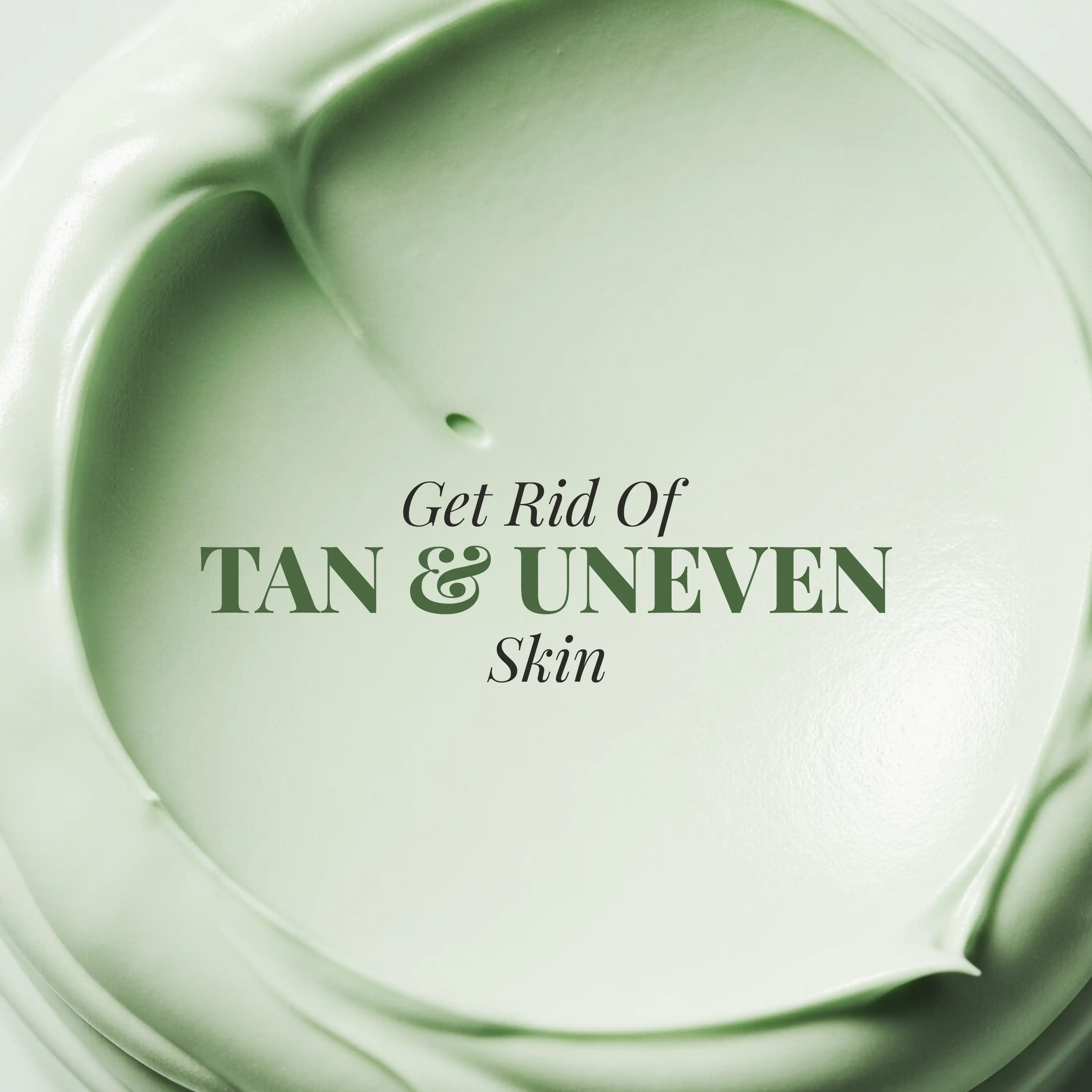
Leave a comment